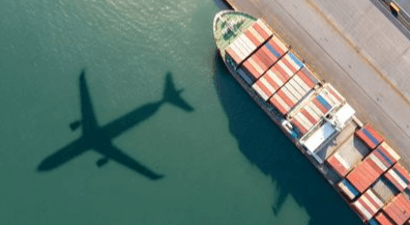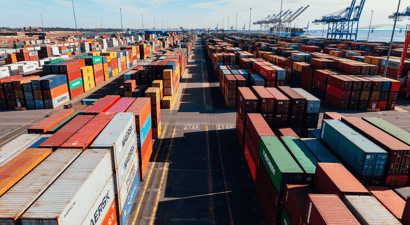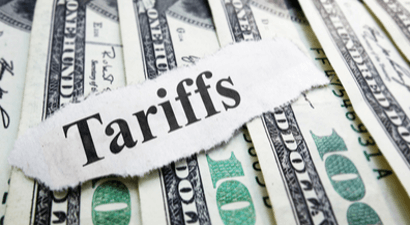The Predicament with Parallel Imports
We have all wondered, either while browsing a well-known website or walking into a prominent clothing store, why our favourite fragrance or branded item is being sold at a fraction of the price. We then notice a disclaimer in bold writing that the item is a “parallel import” and think that this might just be a well worded term for a fake product. I can assure you that this isn’t the case.
Parallel imported goods (or grey goods) are original products of established brands which are purchased by importers from a foreign country, possibly to be sold in South Africa. Such goods may be imported without a letter of authority/permission of the brand-holder or owner of any intellectual property in respect of the goods.
Provided that the importer complies with the Consumer Protection Act and the Trademarks Act, parallel imported goods are legal. The importation of these goods is permissible provided that the consumer understands that the goods are not covered by any warranty or guarantee associated with the licensed brand-holder/authorised distributor. This is usually done by placing a notice on each item at the point of sale stating that, “no guarantee or warranty will be honoured by any authorised importer of such goods.”
The risk of parallel importing branded products is that they are likely to be stopped by either the police or Customs to ensure that they are not counterfeit.
In terms of the Counterfeit Goods Act 37 of 1997 (“the CGA”), any interested person may lay a complaint with an inspector relating to a consignment which is suspected to contain counterfeit goods.
The Customs authorities and police may also rely on section 113 of the Customs and Excise Act[1] which allows goods to be stopped to ensure that they are not counterfeit. If goods, suspected to be counterfeit, are seized following a complaint under the CGA, or in terms of a decision of any authority acting of its own accord, the goods must be removed to a counterfeit goods depot for storage. A notice is then sent to the complainant advising them that they have three days to lay a criminal charge against the importer. If no criminal proceedings have been instituted against the importer within that three-day period, then, in terms of Section 9(3)(b) of the CGA[2], on the fourth day the goods should be released to the importer/the person specified on the notice. Unfortunately, these strict time periods are only implemented once a seizure has been made in terms of the CGA, meaning that the investigation can take up to several months before the goods are released.
We believe that the authorities and brand-holders should not be in a better position during an investigation than they are once goods have been determined to be counterfeit. The CGA clearly envisages that matters should be dealt with on an expedited basis.
The Supreme Court, in the Commissioner, SARS v Trend Finance (Pty) Ltd [3] Case, spoke of steps being taken within a reasonable period of time in light of the unnecessary continued deprivation of another’s property and stated that:
“There is no sufficient reason for the continued deprivation of the property once the purpose for the deprivation (to investigate whether the property is liable for forfeiture under the Act) is no longer justified, and the continued deprivation would accordingly be arbitrary as meant by s 25 of the Constitution… I therefore conclude that once a reasonable period of time for the necessary investigation has elapsed, the Commissioner has no further right to retain either the goods or provisional payments made to secure their release.”
An unfortunate trend has developed in terms of which the authorities and brand-holders allow an unacceptably long period to pass during the initial investigative phase. Such delay can result in the importer suffering considerable financial prejudice as a result of substantial storage and demurrage costs, interruption of business and potential breach of delivery times under sale and supply contracts.
We feel that there needs to be a competent review of the period allowed under the CGA for goods to be stopped pending a decision as to whether or not the goods shall be seized and for an accessible means of recourse to be available to the importer in the event of a likely unnecessary delay.





